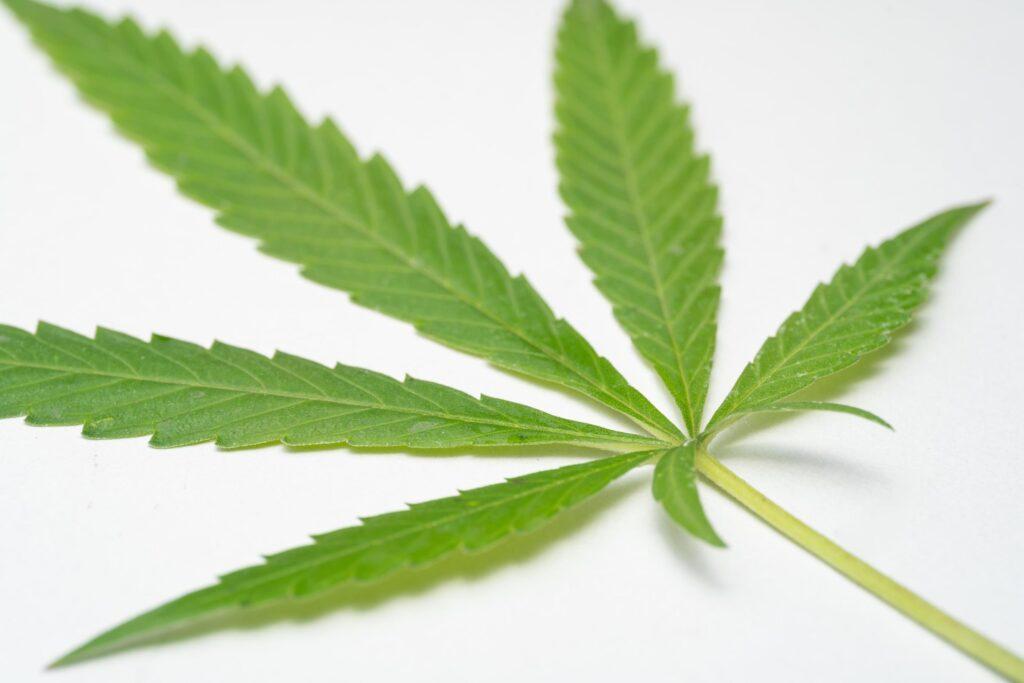A new study published in the journal PLOS Neglected Tropical Diseases found that the cannabinoids cannabidiol (CBD) and cannabidivarin (CBDV) display strong antifungal activity, including against the World Health Organization–listed priority pathogen Cryptococcus neoformans.

Researchers from Macquarie University, the University of Sydney, and Monash University in Australia tested five phytocannabinoids and found that CBD and especially CBDV were effective at killing several fungal species, including common dermatophytes that cause conditions like athlete’s foot. The compounds were shown to be fungicidal and capable of preventing biofilm formation—an important factor in fungal resistance.
The study found that CBD and CBDV impaired fungal virulence by reducing capsule size and altering biofilm structure. Proteomic analysis revealed that the cannabinoids disrupted the fungal cell membrane, affected ergosterol production, and interfered with mitochondrial and metabolic functions.
In an in vivo test using a burn wound infection model in Galleria mellonella larvae, topical application of CBD significantly improved survival rates following C. neoformans infection.
Researchers say these findings highlight the untapped potential of phytocannabinoids as antifungal agents and suggest they may offer a new direction for treating fungal infections amid growing antifungal resistance.








